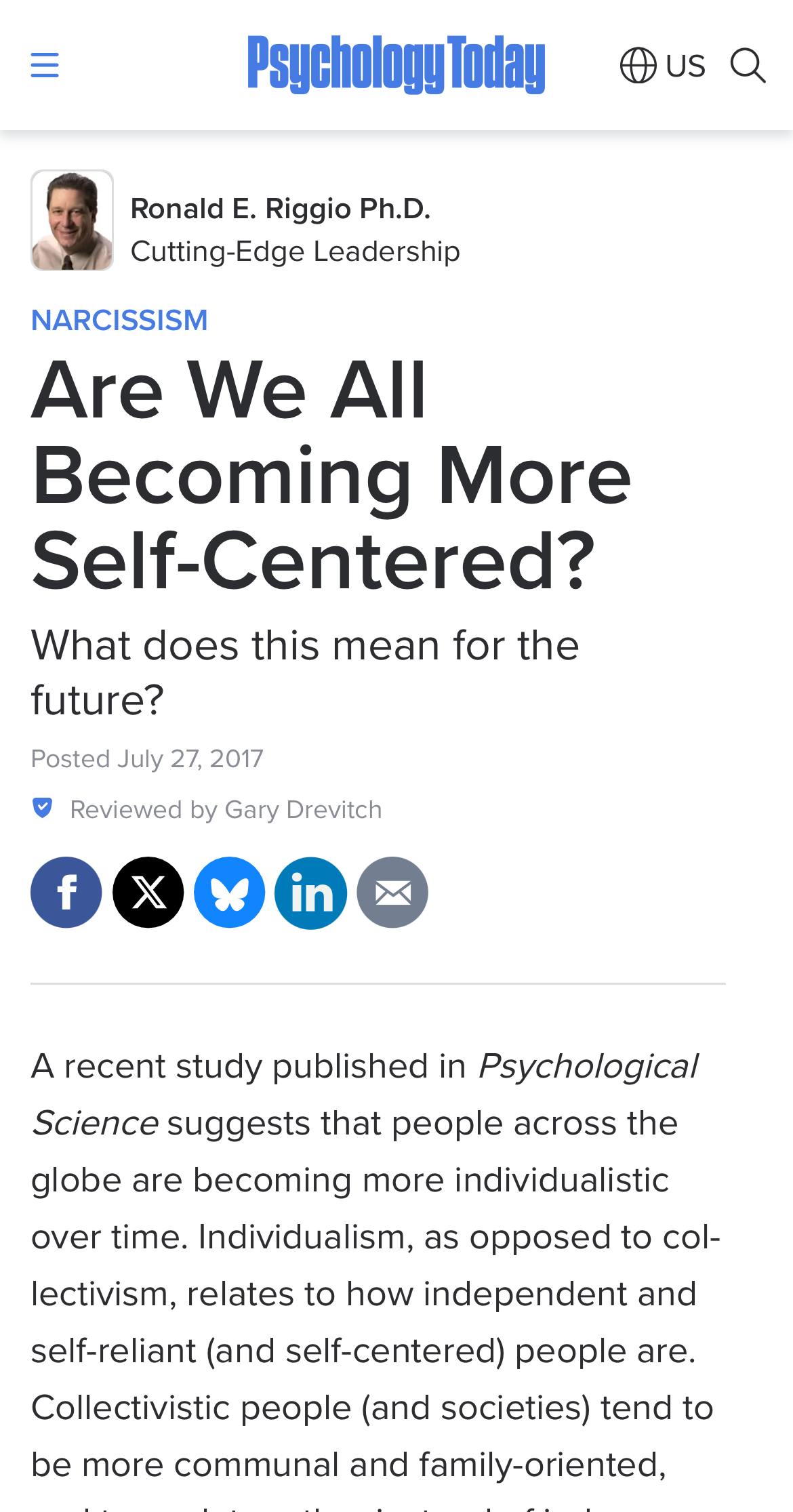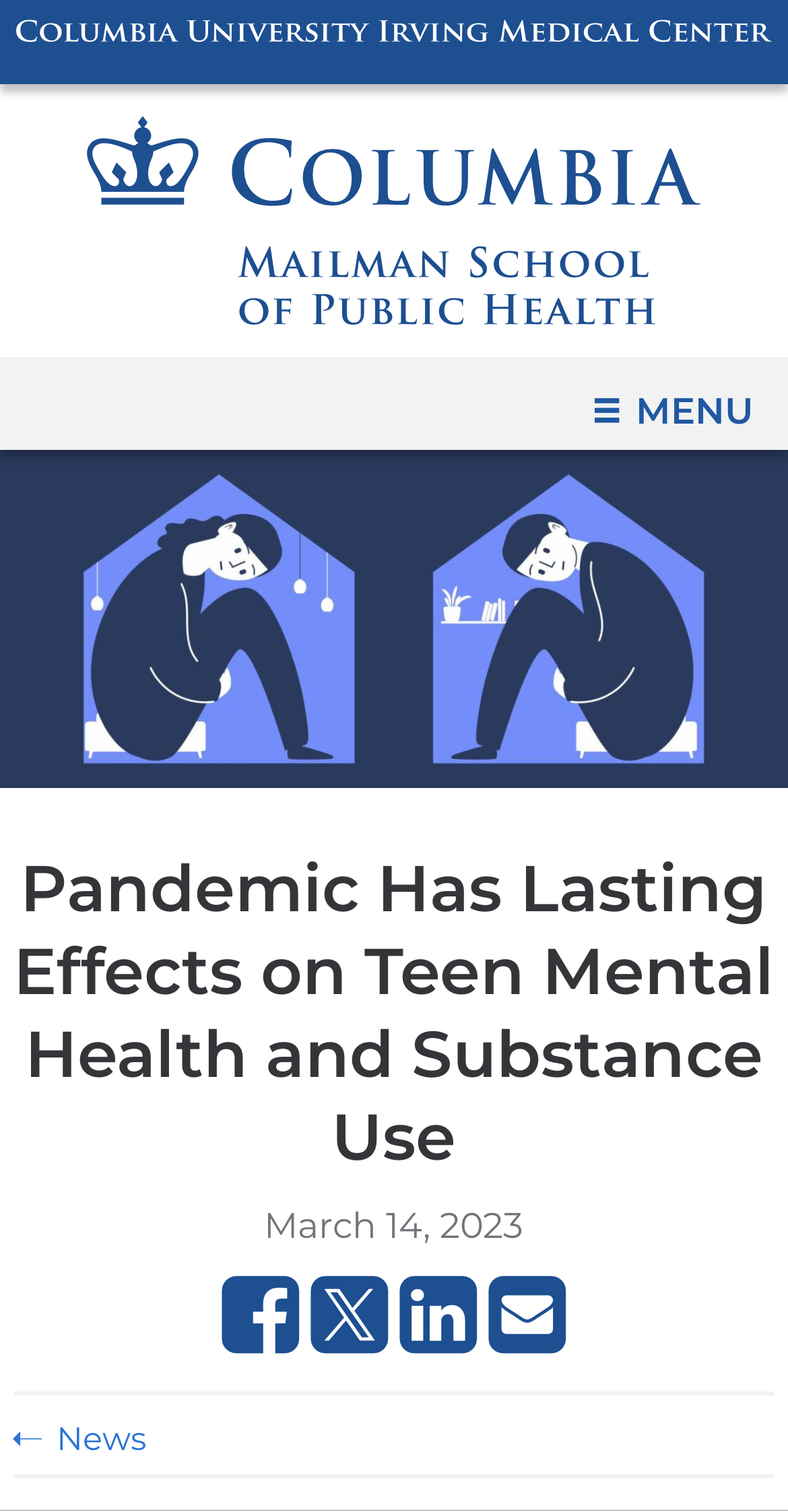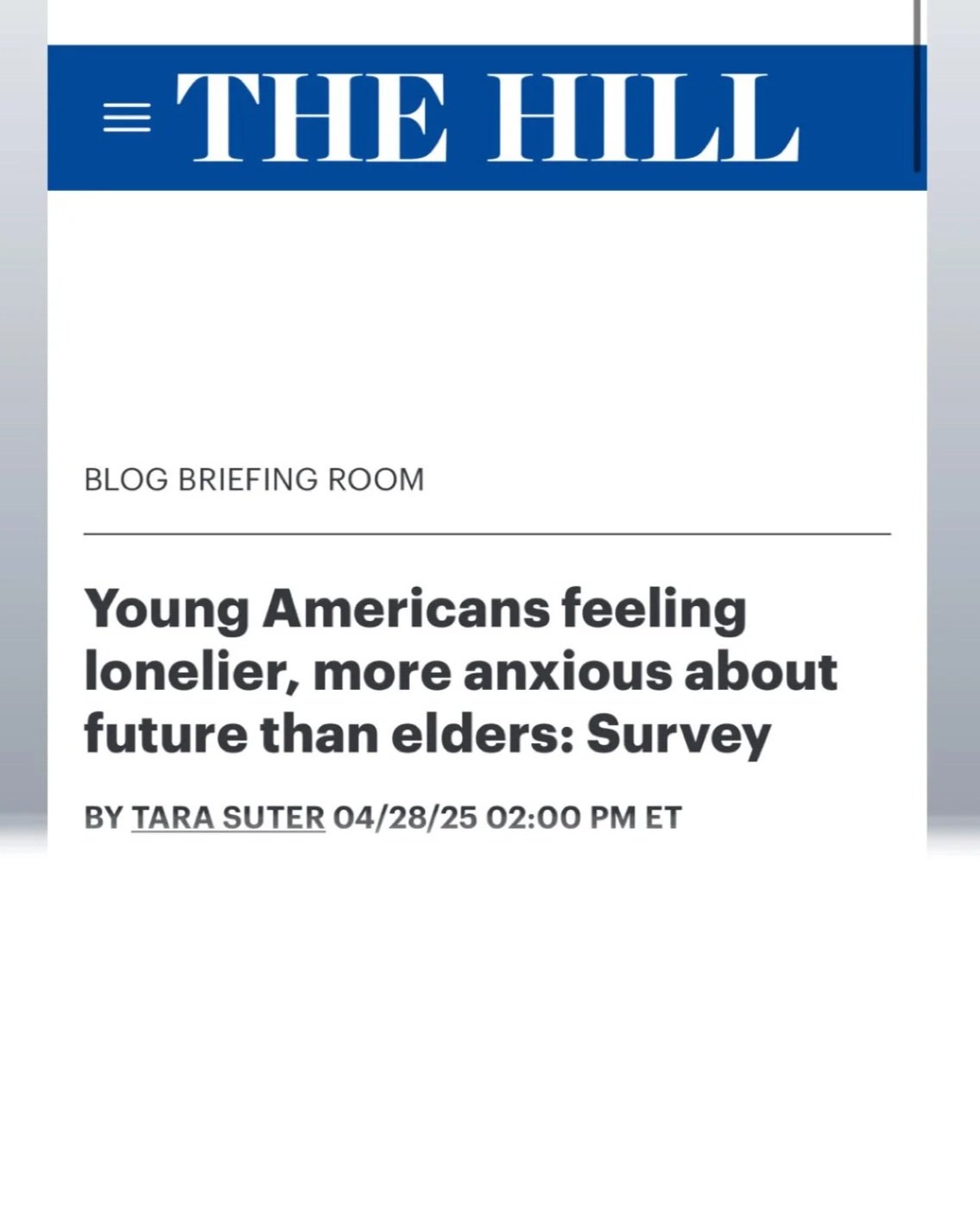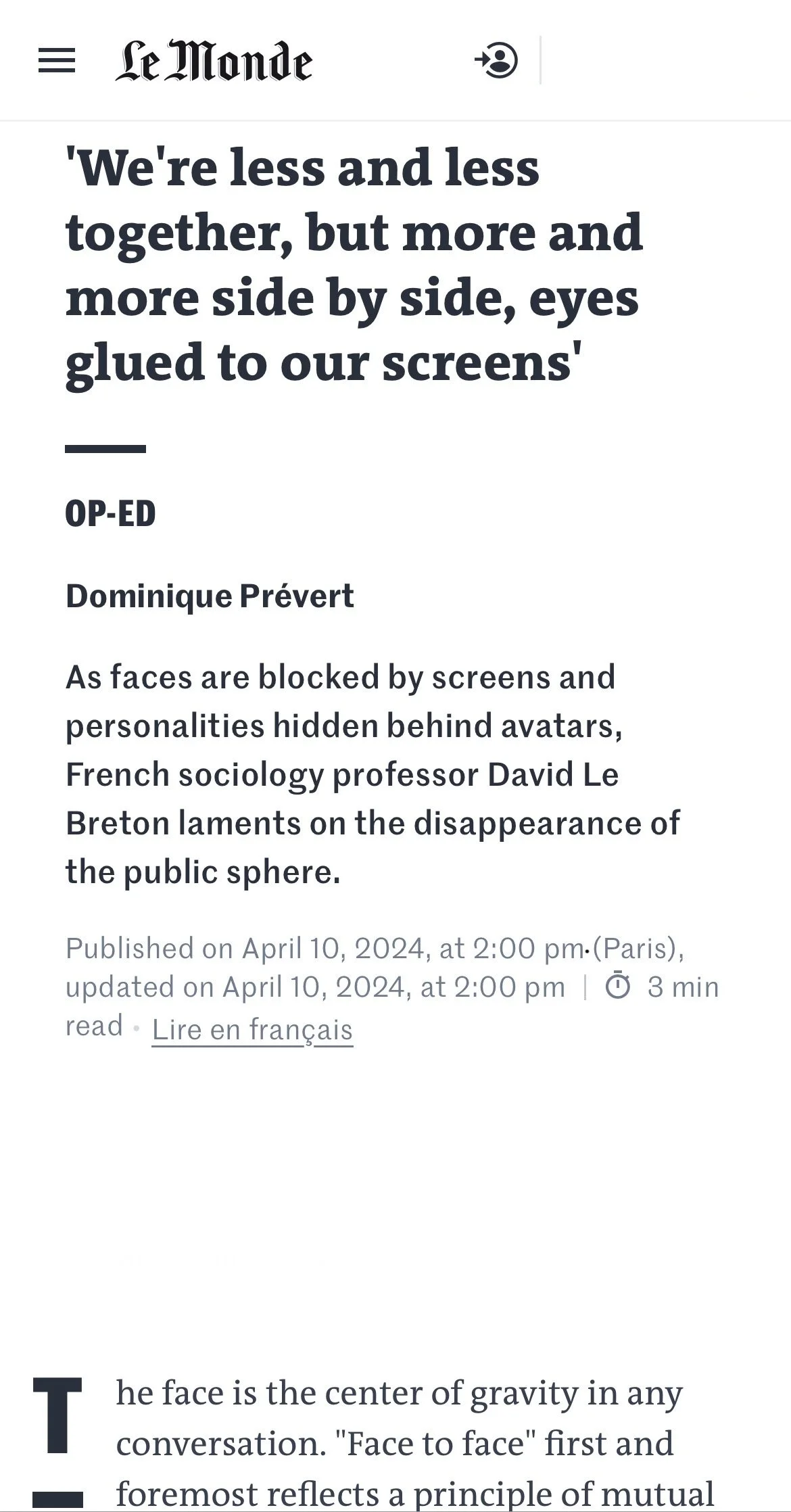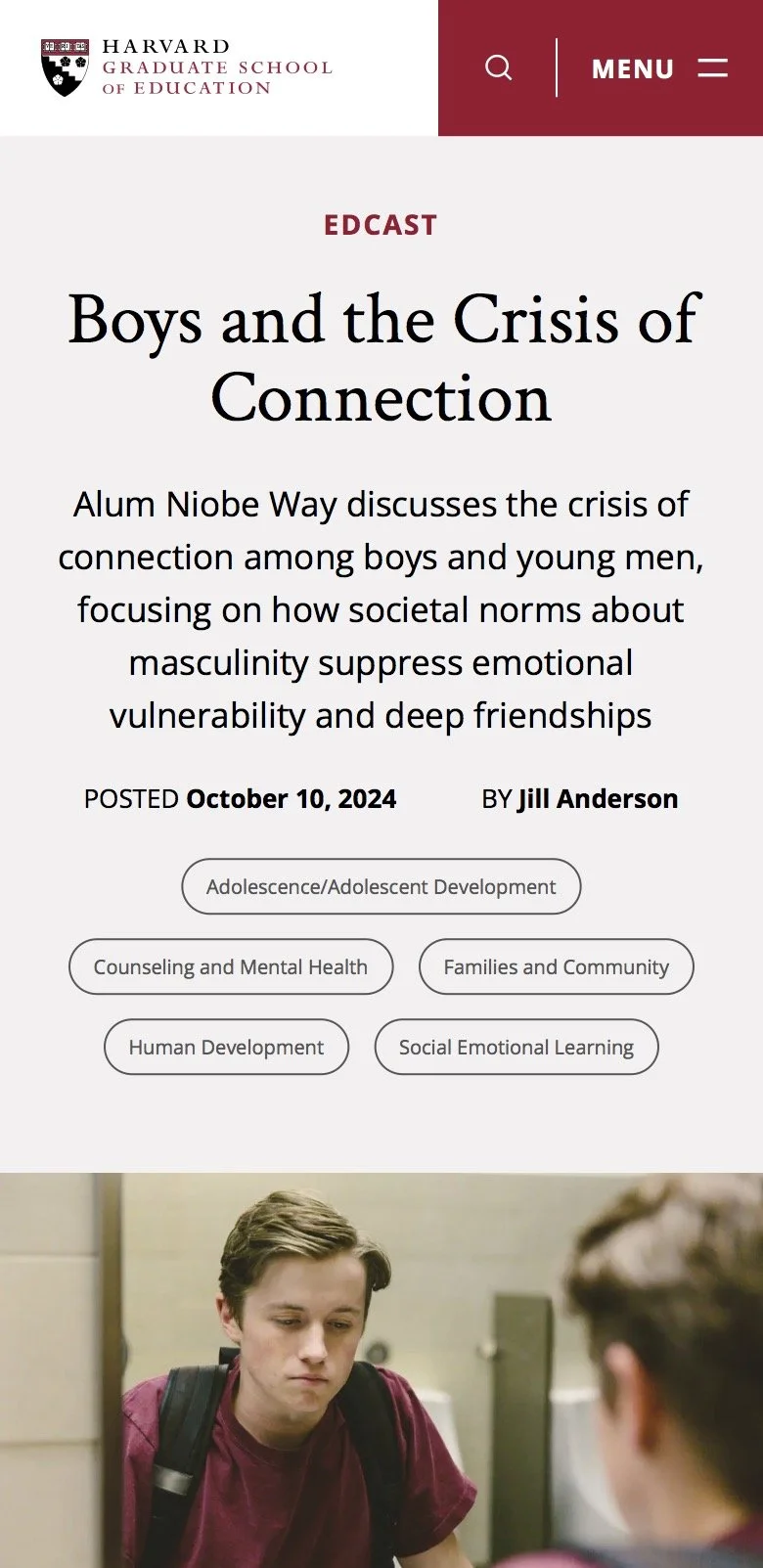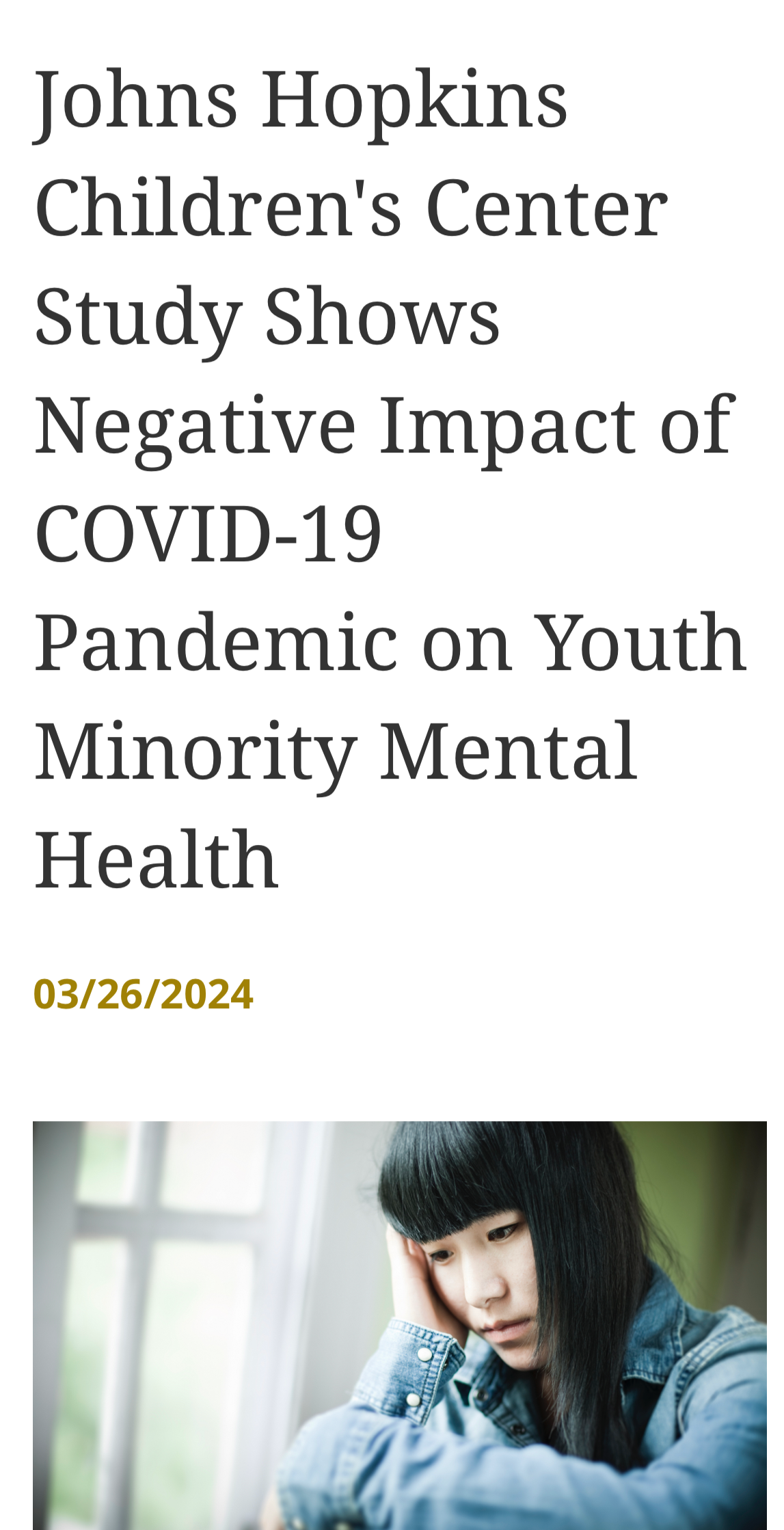Understanding the Challenges Facing Today’s College Students
Parents, educators, and employers who engage with today’s college students are highly aware of the unique struggles they face. For those less familiar, it can be challenging to comprehend the distinct pressures impacting their well-being and performance. Without innovative and targeted interventions, the concerning decline in human connection and its broader implications are unlikely to be reversed.
The research and articles below offer a glimpse into these challenges. Fortunately, through evidence-based, thoughtfully designed interventions, we can help empower this generation with the skills they need to thrive.
(Loades et al., 2020)
Reasons Why Current College Students May Struggle to Connect or Engage
-
Excessive use of social media reduces face-to-face interactions, fostering superficial connections and weakening interpersonal skills. Studies show students view social media as a normalized distraction, impacting academic and social engagement.
-
Covid-19’s remote learning and social distancing disrupted key developmental years, limiting social skill development and reducing interest in in-person interactions.
-
Remote/hybrid learning during Covid reduced peer interaction opportunities, leading to disconnectedness and weaker social bonds, particularly for students missing traditional classroom environments.
-
Rising anxiety, depression, and stress, exacerbated by the pandemic and social media, hinder students’ ability to connect or engage. Online learning periods saw increased distress levels.
-
Using smartphones for coursework or social interaction (e.g., texting, notifications) reduces meaningful engagement, though brief smartphone use in class can paradoxically reduce isolation via quick connections.
-
In online/hybrid settings, students perceive instructors as less involved, reducing motivation and connection to academic or workplace mentors.
-
Apps like Tinder prioritize superficial, transactional interactions, fostering shallow connections and reducing practice in building deeper, meaningful relationships, which impacts social and professional bonding.
-
Overreliance on digital communication tools (e.g., texting, Zoom) diminishes comfort with face-to-face interactions, reducing opportunities to build social confidence critical for workplaces.
-
Students may turn to recreational drugs or alcohol to cope with stress or social anxiety, which can impair emotional regulation, reduce workplace productivity, and strain relationships.
-
Remote learning during formative years decreased participation in clubs or activities, limiting opportunities to build social networks and workplace-relevant skills.
-
Social media apps promote curated, idealized lifestyles, leading to comparative depression where students feel inadequate or isolated, reducing their confidence in forming authentic relationships or engaging professionally.
-
K-12’s focus on standardized testing over social-emotional learning leaves students unprepared for collaborative workplace environments.
-
Balancing academics, jobs, and social pressures causes emotional exhaustion, reducing energy for meaningful connections or workplace engagement.
-
Emphasis on personal achievement over collective goals fosters isolation and reduces collaborative skills needed in workplaces.
-
Modern neighborhoods and campuses offer fewer organic social interaction opportunities due to urban design or virtual community reliance, weakening social ties.
-
Helicopter parenting limits independence and problem-solving skills, affecting workplace initiative and peer relationships.
-
Fewer siblings or extended family interactions limit practice in navigating diverse relationships, impacting teamwork skills.
-
Rising tuition and job market uncertainty divert focus from social or professional engagement to financial survival.
-
Distrust in educational and corporate institutions reduces willingness to engage fully with academic or workplace communities.
-
Exposure to short-form content (e.g., TikTok) conditions students for brief, shallow interactions, challenging sustained engagement in work or relationships.
-
Political and cultural polarization creates tension in group settings, hindering connections with diverse peers or colleagues.
-
Increased use of medications for anxiety or depression may cause side effects like emotional blunting, affecting social engagement or workplace energy.

